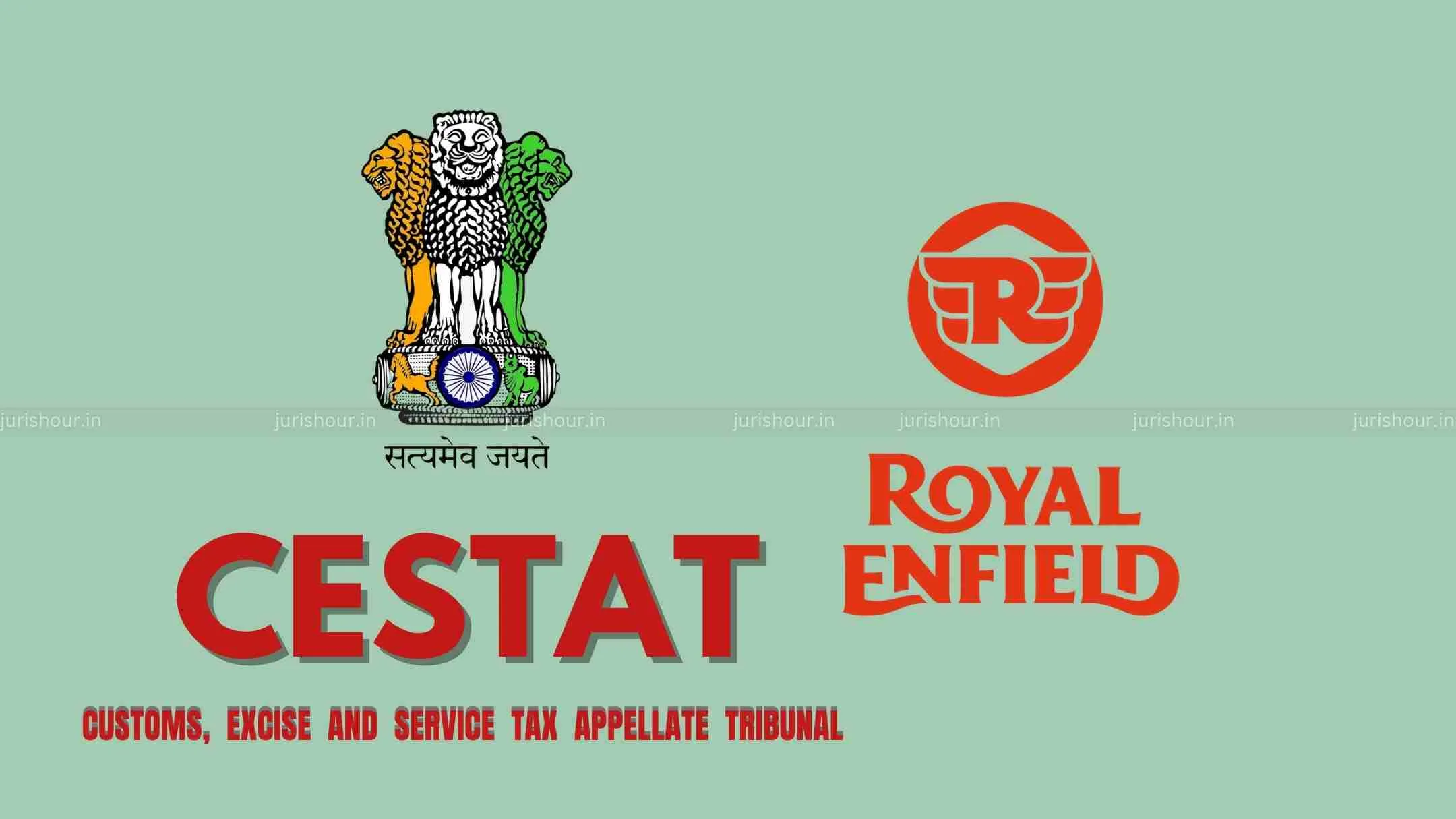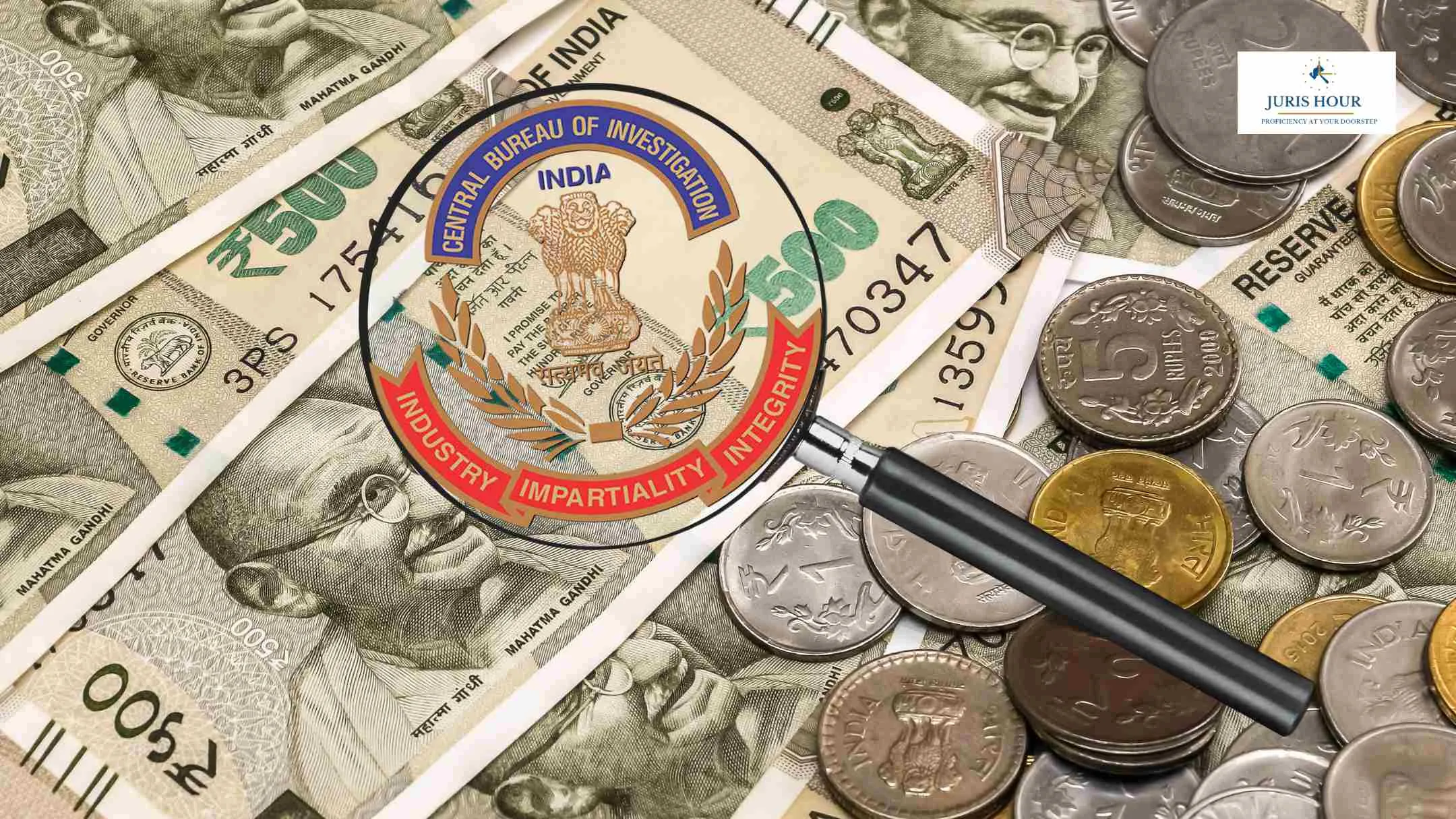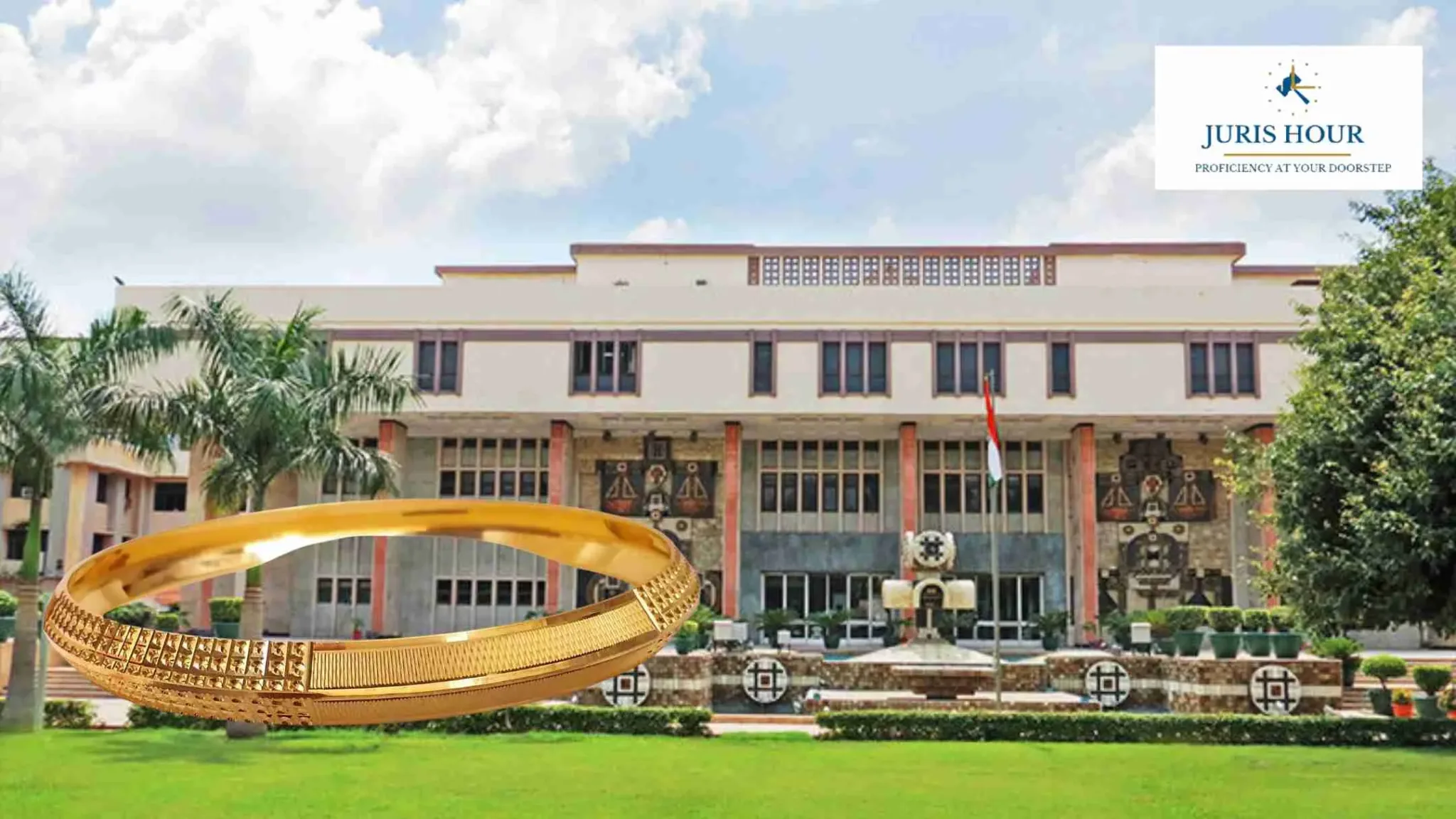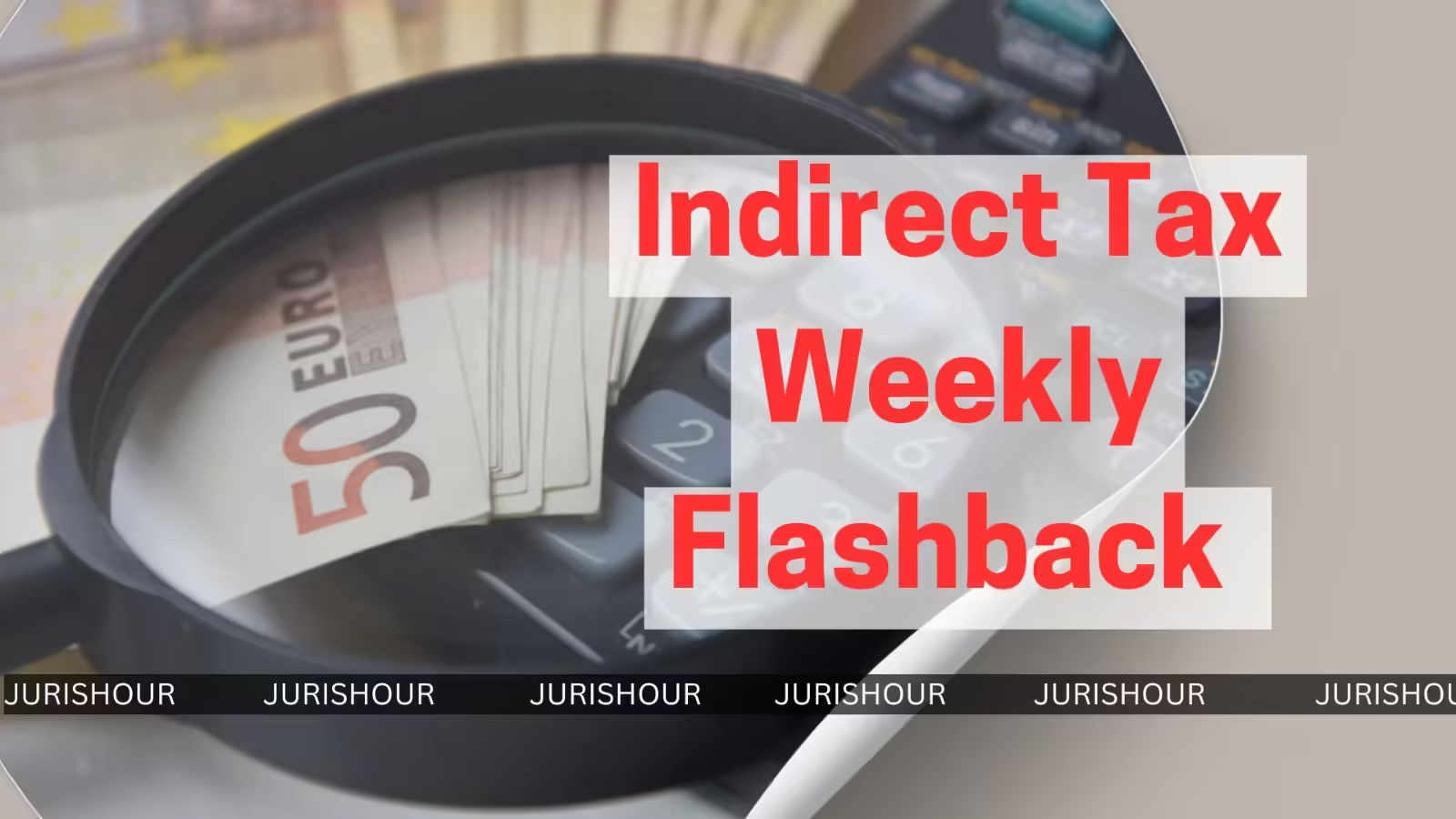In a major setback to Royal Enfield, the Chennai Bench of Customs Excise and Service Tax Appellate Tribunal (CESTAT) has held that refund of service tax is strictly bound by statutory time limit and the Limitation Act is inapplicable.
The bench of M. Ajit Kumar (Technical Member) and Ajayan T.V., (Judicial Member) has observed that the ultimate consumer can claim a refund of service tax but is bound by the time limit in the statute, (section 103 of Finance Act 1994 in this case). Time lost for reasons of delay by third parties cannot be condoned. The time limit for condoning delay in applying for a refund cannot be entertained by taking recourse to the Limitation Act. An amount collected/ paid as tax under FA 1994 can be refunded only under the provisions of the said statute. No fresh issue, filed by way of a miscellaneous petition, which is beyond the scope of the Show Cause Notice and would allow a totally new proceeding to be started can be entertained by the Tribunal.
The appellant/assessee, Royal Enfield had filed a refund claim for an amount of Rs.1,79,46,788 claiming that the amount was erroneously collected as service tax by SIPCOT on developmental charges.
On verification, it was observed that service tax paid on developmental charges during the period from 1.6.2007 to 21.9.2016 was liable to be refunded in terms of sec. 104 of Finance Act, 2017 (FA, 2017).
However, it was noticed that the refund application was time barred. Hence Show Cause Notice was issued to the appellant proposing to deny the entire amount of refund on the ground that the refund claim was filed with a delay of 31 days, beyond the time-limit stipulated under Section 104 of Chapter V of the Finance Act, 1994.
After due process of law, the Original Authority rejected the entire refund claim on the ground of time bar.
The appellant preferred an appeal before the Commissioner (Appeals), who rejected the appeal on the same ground.
The appellant contended that as per Section 17(1)(c) of the Limitation Act, the period of limitation in an application filed for obtaining relief from the consequences of a mistake would begin from the moment the applicant has discovered the mistake, or from the time when the mistake could have been discovered with reasonable diligence. He hence prayed that their appeal be allowed.
The department contended that when there is a conflict between a general and a special provision of a statute, the latter shall prevail. Hence the time limit specified in Section 104 of the Finance Act will prevail over that of Section 11B of the Central Excise Act as made applicable. The Tribunal being a creature of statute cannot travel beyond the specific provisions of the statute and condone the delay in filing the claim when such a provision does not exist in the statute itself.
The CESTAT has held that the Limitation Act is not applicable to the Finance Act 1994 and hence the appellants plea on this account fails.
Case Details
Case Title: Royal Enfield Motors Versus Commissioner of GST & Central Excise
Case No.: Service Tax Miscellaneous Application No. 40070 of 2024 and Service Tax Appeal No. 40679 of 2019
Date: 08/05/2025
Counsel For Appellant: Raghavan Ramabhadran
Counsel For Respondent: O.M. Reena






